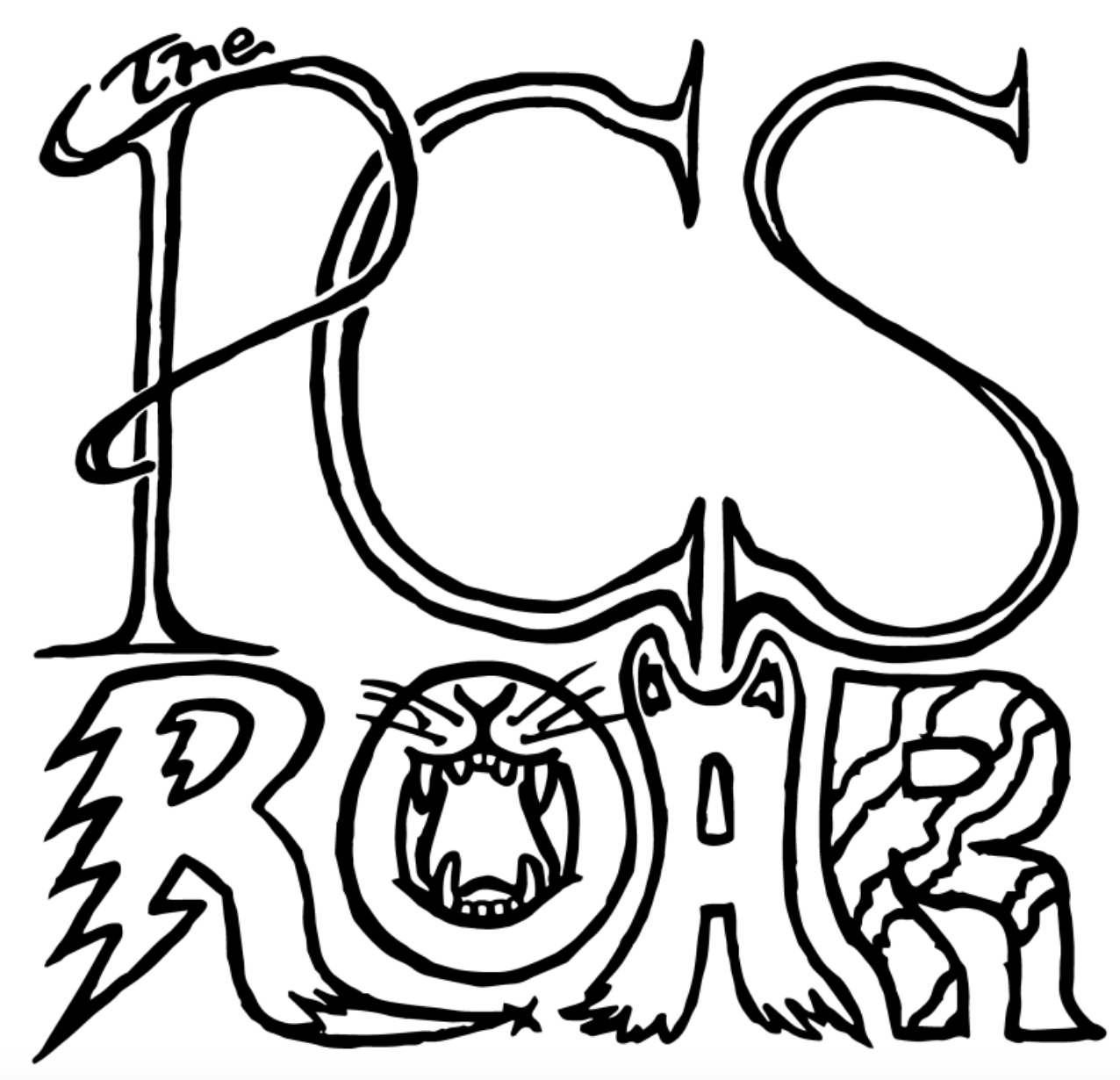Rise of Anti-vaccinations in the United States
October 1, 2019
Anti-vaccination is a growing public health issue in the United States. Vaccines are substances used to stimulate the production of antibodies to improve the immunity against harmful pathogens. Pathogens are covered with molecules known as antigens that can trigger certain immune responses. Vaccinations expose the body to antigens similar to those found on these pathogens. This then allows the body to create memory B and T cells in order to initiate a faster and more intense immune response, which allows the body to kill off a pathogen before it can physically affect an individual. The danger behind not getting a vaccination is the fact that your body does not get exposed to these antigens beforehand, making you more susceptible to infection.
Just as any other medication, vaccines can in fact cause side effects. Most side effects associated with vaccinations are mild, such as soreness, swelling, and or redness at the injection site. Other mild effects of vaccines could be a fever, rash, and/or achiness. Although very rare, serious side effects include seizure or life-threatening allergic reactions.
Some people are concerned that vaccines cause autism. Studies by the Centers for Disease Control (CDC) have shown that there is no link between vaccines and ASD, a form of autism. The CDC specifically stated on their website that, “Since 2003, there have been nine CDC-funded or conducted studies that have found no link between thimerosal-containing vaccines and ASD, as well as no link between the measles, mumps, and rubella (MMR) vaccine and ASD in children.”
Recently there have been cases of three individuals infected with measles in the Santa Clara, San Francisco, and Santa Cruz counties. The first individual infected boarded an airplane which landed at SFO, it was then spread to two other passengers according to health officials. Although the general public is at low risk of contracting measles, it is still a dangerous disease that is a threat to populations.
When you don’t get a vaccine, you put other people at risk such as infants below the age of 12 months. This is because they can not get vaccinated and the same goes for elderly people whose immune systems have been suppressed over the years. In addition to putting others in danger of infection, you are also putting yourself in harm’s way. “There is a concept in science called ‘herd immunity’ which refers to the idea that a lot of people need to get a given vaccine, whether it’s for the flu or measles, to stop a disease from spreading. Vaccinated people essentially act as barriers to outbreaks, since diseases can’t pass through them and infect others.”

